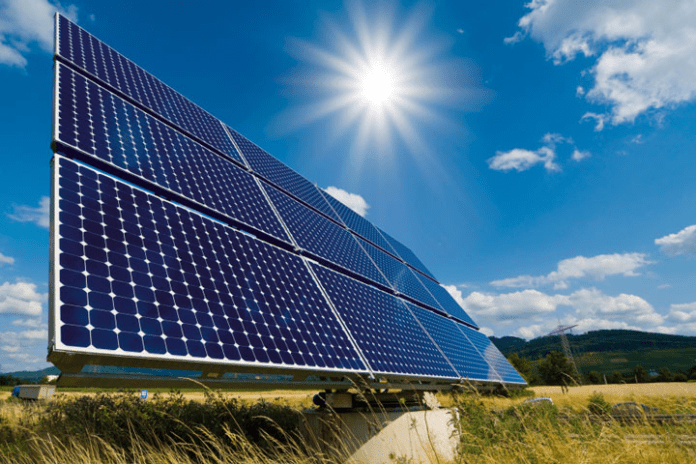
Kenya’s solar energy sector is poised to surpass wind power by 2027, driven by decreasing costs and growing demand for alternative energy sources.
The International Energy Agency (IEA) projects that solar energy in Kenya will expand at an annual rate of 28 percent between 2025 and 2027, overtaking wind energy, which has been the dominant renewable source in recent years.
This rapid adoption of solar power is fueled by the declining cost of solar components, including panels, inverters, and batteries. As a result, more Kenyans are turning to solar photovoltaic (PV) systems to reduce their reliance on traditional power sources.
One of the key projects contributing to this growth is the planned 42.5 MW solar PV installation at the Seven Forks Dam, set to be operational by 2027. Additionally, the Kenya Electricity Generating Company (KenGen) has announced a 430 MW renewable energy expansion plan, incorporating solar, wind, and geothermal projects to meet the rising electricity demand.
Kenya’s power consumption is expected to grow at an annual rate of 6.5 percent between 2025 and 2027, up from 3.2 percent recorded between 2018 and 2024. This underscores the need for a diverse energy mix to ensure a stable and sustainable power supply.
The environmental impact of this transition is significant. Solar power provides a clean and renewable energy source, reducing reliance on fossil fuels and cutting greenhouse gas emissions.
“The accelerated growth of solar energy in Kenya is a testament to the country’s commitment to sustainable development and energy security,” says an energy analyst. “By harnessing its abundant solar resources, Kenya is setting an example for other nations in the region.”
With favorable policies, technological advancements, and increased investment, Kenya’s focus on expanding solar energy capacity is set to reshape its renewable energy landscape. As solar power takes center stage, the country is well-positioned to enhance energy security, support economic growth, and contribute to global climate change mitigation efforts.






